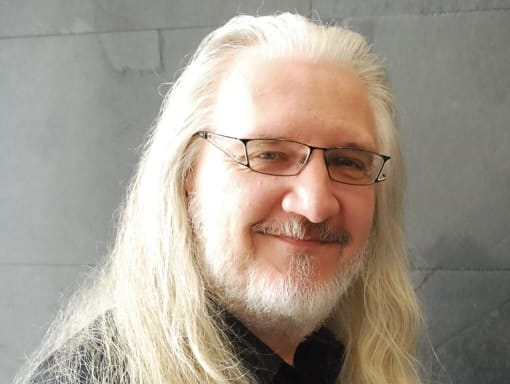Andreas Herdt
Languages Spoken: German
Country: Germany

My name is Andreas and – together with my fiancé Melanie and Ophelia the cat – I live in a small city close to Frankfurt, right in the middle of Germany.
I am a computer scientist, however I am interested in science in general, especially physics and astronomy. Whenever I stumble about a fact or a story which catches my interest, it’s quite possible that I read through the Web and books for several hours until I got to the bottom of it. The same thing happened when I was confronted first with obesity and heard a lot of myths told about the causes of obesity and its potential cures. Only this time the research should last not only for a few hours but rather several years.
By now I am a member of the board of AcSDeV, an obesity focussed patient organization, founded in 2004 and located in Germany.
Germany is the most populous country in the European Union with a population of slightly more than 80 Million. It is a rather wealthy country and Germany has one of the most competitive food markets within Europe, resulting in comparably low prices and great availability of all sorts of food.
Nevertheless (or maybe even because of that?) prevalence of obesity is high and rising rapidly over the last years. More than half of the population is overweight, at least one out of five is considered to be living with obesity.
In spite of being a rich country, having a rather well working health system, the treatment options for patients are quite limited and coverage for available treatments is even worse.
At the same time, there is a lot of shame and blame going on. Many people tend to believe, that persons living with obesity have done that to themselves through a lack of self control, overeating, being lazy etc. – so it’s basically their own fault. In my opinion, this believe is the root cause of most of the problem areas we have to deal with, because it serves as a justification for not paying for a treatment, not improving the accessibility to treatments, not putting more money into research and simply not helping in any other possible way.
